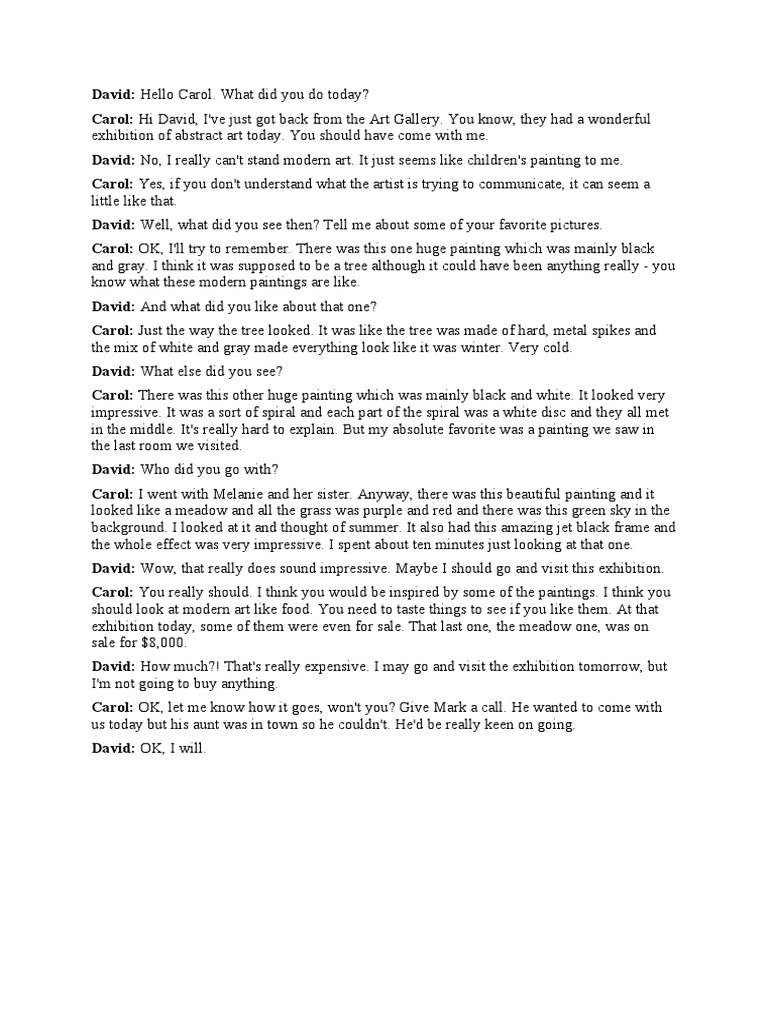The Bahá’í Faith, an independent world religion established in the 19th century, encompasses a rich tapestry of teachings that emphasize unity, dialogue, and the intrinsic wholeness of humanity. Among these teachings, the concept of “Consult About Reality Lovingly” stands out as a fundamental principle that underscores the importance of perceptive dialogue. This principle invites individuals to engage in consultations that promote understanding and foster a deeper connection to truth. Within this discourse, the art of dialogue emerges not merely as a communicative act but as a profound vehicle for revelation and comprehension.
The observation that individuals often struggle to engage in meaningful dialogue highlights a poignant reality: the complexity of human interaction and the myriad factors influencing how conversations unfold. Frequently, dialogues devolve into unproductive exchanges rife with misunderstanding and discord. Herein lies the underlying fascination with Bahá’í teachings, particularly the intrinsic ethos to approach discussions with love, compassion, and respect. This approach unveils a pathway to enlightenment, encouraging participants to navigate disagreements with the intent of uncovering shared truths rather than reinforcing divisive viewpoints.
Consultation, as expressed within Bahá’í discourse, is grounded in a collaborative framework wherein participants come together to explore, dissect, and refine ideas. This method transcends conventional debate; it seeks to amalgamate diverse perspectives into a coherent understanding that honors the uniqueness of each participant. Such an environment minimizes adversarial posturing, replacing it with a spirit of cooperation and collective inquiry. The Bahá’í teachings assert that when individuals consult about reality with love, they elevate the dialogue to a higher dimension — one that can lead to the manifestation of universal truths.
At the heart of this principle lies the need for humility. Participants must approach each conversation with an open heart and a willingness to listen. When individuals prioritize their ego or preconceived notions, the dialogue suffers, inhibiting genuine understanding. Embracing humility fosters an atmosphere where vulnerabilities can be expressed and different viewpoints can coexist, paving the way for deeper connections. This aligns with the Bahá’í view that truth is not a mere possession to be claimed but a treasure to be sought collaboratively.
The concept of “lovingly” is pivotal in the articulation of consultative practice. Love, as a driving force behind dialogue, ensures that conversations are imbued with tenderness and respect. Emphasizing empathy encourages participants to view others not as opponents but as fellow seekers of truth, thus transforming the consultation process into an art form. This love is not confined to surface-level pleasantries; rather, it embodies a profound recognition of each individual’s dignity and worth, enhancing the depth and quality of interaction.
Another cornerstone of this principle is the premise of mutual respect. Participants are encouraged to appreciate the diversity of perspectives that each individual brings into the dialogue. Respect transcends mere tolerance; it necessitates an active engagement with the ideas of others and a genuine acknowledgment of their experiences. By cultivating an environment where every voice is valued, dialogues evolve into a sanctuary for innovative thoughts and insights. Mutual respect begets trust, which in turn fortifies the foundations necessary for authentic and transformative conversations.
In addition to fostering love and respect, the Bahá’í teachings emphasize the importance of detachment from outcomes. This notion posits that true consultation is not predicated upon achieving a specific conclusion or consensus, but rather upon the collective exploration of ideas. Participants must be prepared to abandon personal agendas in favor of a greater understanding. This detachment does not imply indifference; rather, it signifies a commitment to the pursuit of truth above all else. Allowing the dialogue to unfold organically often leads to unexpected revelations and insights, enriching the overall experience.
The art of dialogue, as delineated by Bahá’í principles, transcends individual encounters and has broader implications for societal transformation. When nurtured within communities, these principles can catalyze profound shifts in collective consciousness. By modeling loving consultation in interpersonal relationships and institutions alike, individuals contribute to the cultivation of harmony and unity on a larger scale. This collective endeavor not only facilitates deeper understanding among diverse groups but also engenders a culture of peace rooted in shared human dignity.
Moreover, the application of these principles extends to various facets of life — from familial interactions to professional settings. The ability to engage in loving consultations can enhance collaboration in workplaces, deepen connections among friends and families, and resolve conflicts within communities. As individuals embody and practice these teachings, they become instrumental in creating an environment that prizes dialogue as an art form, thus enriching the relational tapestry of society.
In conclusion, the principle of consulting about reality lovingly encapsulates the essence of Bahá’í teachings, positioning dialogue as a transformative force capable of revealing deeper truths and fostering unity. By cultivating humility, love, mutual respect, and detachment, individuals can elevate their conversations and contribute meaningfully to the collective quest for understanding. This art of dialogue, rooted in the noblest aspects of human interaction, invites all to partake in a greater discourse that transcends mere words, leading to the blossoming of a more harmonious world.
